Europe's dominance of Olympic canoeing and kayaking is unlikely to be upset this summer even after German legend Birgit Fischer announced her decision to skip the Beijing Games earlier this month.
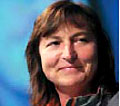
|
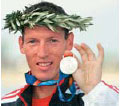
|
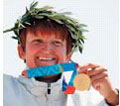
|
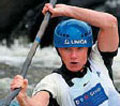
|
| Birgit Fischer of Germany was 42 years old when she claimed the gold medal in the K-4 500m at the 2004 Athens Olympics. |
Compatriot Andreas Dittmer was 35 when he won the C-1 500 m at last year's World Championships. |
Elena Kalisk of Slovakia was also 35 when she placed second in the K-1 at last year's Slalom World Championships. |
Stepanka Hilgertova of Czech Republic took bronze at the same event last year at the age of 39. |
Fischer, 46, has won 12 medals, including eight golds, from her six Olympics. She ranks as the only woman to win Olympic medals 20 years apart, but will not gamble on extending this record to 24 years, claiming she does not have enough time to prepare for the August 8-24 Games.
Over 90 percent of all Olympic medals in the sport have been won by European nations so far, and it looks set to remain something of a continental challenge between European superpowers Germany and Hungary this summer at the Shunyi Olympic Rowing-Canoeing Park.
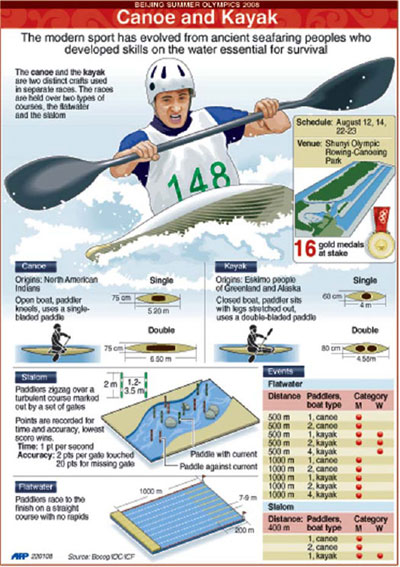
Germany still leads the all-time Olympic medal tally, followed by countries like Hungary, Russia and Slovakia.
Meanwhile, China will also be keen to defend its maiden gold in the C2-500m from Athens, or even build on this breakthrough using its home advantage as leverage.
At last year's flatwater World Championships in Duisburg, Germany and Hungary dominated the medal tally to account for two-thirds of the gold medals.
Last year's slalom World Championships in Foz do Iguassu, Brazil, also saw European paddlers take control of both the men's and women's racing.
While brothers Pavol and Peter Hochschorner of Slovakia were unbeatable in the doubles, China still managed to book two Olympic berths at the same race.
But the home team should not be underestimated at the upcoming Olympics.